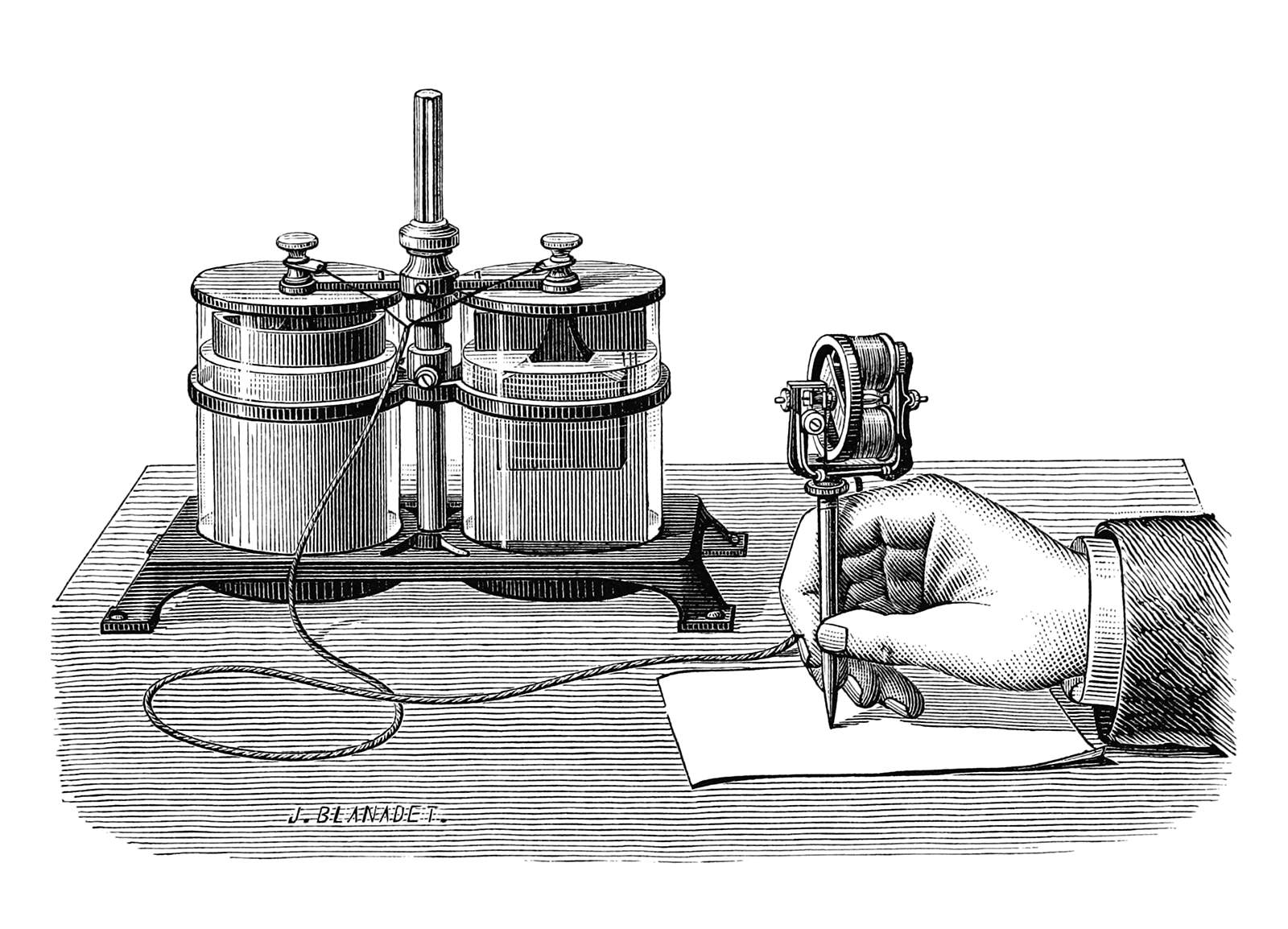Contrarian Grammarian

Edison's electric pen.
For the last year or more I've been using AI driven grammar bots to help me improve my writing. All I really wanted was something to fix typos, correct comma usage, or guide me when I accidentally change point of view or tenses. Most of the corrections suggested by such AI agents at Grammarly or Evernote are helpful. Actually not Evernote. Evernote is an application whose AI is so dim as to offer "Amurican" spellings despite having set my dictionary choices as "Canadian English". While the application allows words like "labour" and "colour", the bot automatically suggests "labor" and "color" and makes such changes without consulting me at all. If I were an editor and Evernote was my assistant, they'd be gone. Eighty-sixed. Dismissed. Fired. Given a dishonourable discharge.
One thing that has always bothered me about spell-checkers and grammar assistants is how they insist that everyone write the same way. It's very difficult to write in an almost casual informal tone with these pearl-clutching old biddies telling you that what you are writing simply isn’t said in polite society. If I had wanted Ms. Gillingham from my seventh grade English class to write my post, I would've gone through the trouble to dig her up and re-animate the old soul, Frankenstein style. But I didn't and I won't, because that kind of thing isn’t done in polite society.
I remember a David Foster Wallace essay, Tense Present, referencing SWE, or standard written English (or as it was sometimes referred to as Standard White English), and making the case to his class about how they should approach their essay writing. I may be misremembering it, but his point was more about aiming to write this way at college as that is how you will be judged. When writing creatively for yourself or your audience, there are plenty of arguments to abandon that style. I use the word, "style", loosely here because there's still a case for grammatical correctness. It's also important to at least be consistent in how you use punctuation, quotations and the like for clarity. Yet, (there's an even a reason I use "yet" rather than "but" to begin a sentence, but I digress) if you want to sound loose, conversational or natural in text, I'm not sure being grammatically correct is always necessary. It's also true what we say in spoken terms, can be unclear in written text. My point is that if you want to convey a story or idea in your own voice or style, then these AI grammar agents are not here to help you, but hinder you. Knowing how these AI agents are "trained" by being fed reams and reams of existing text, it's not surprising they seek to make any one person's writing sound like everybody else's.
Read more »Labels: almanac, omnibus, technology





